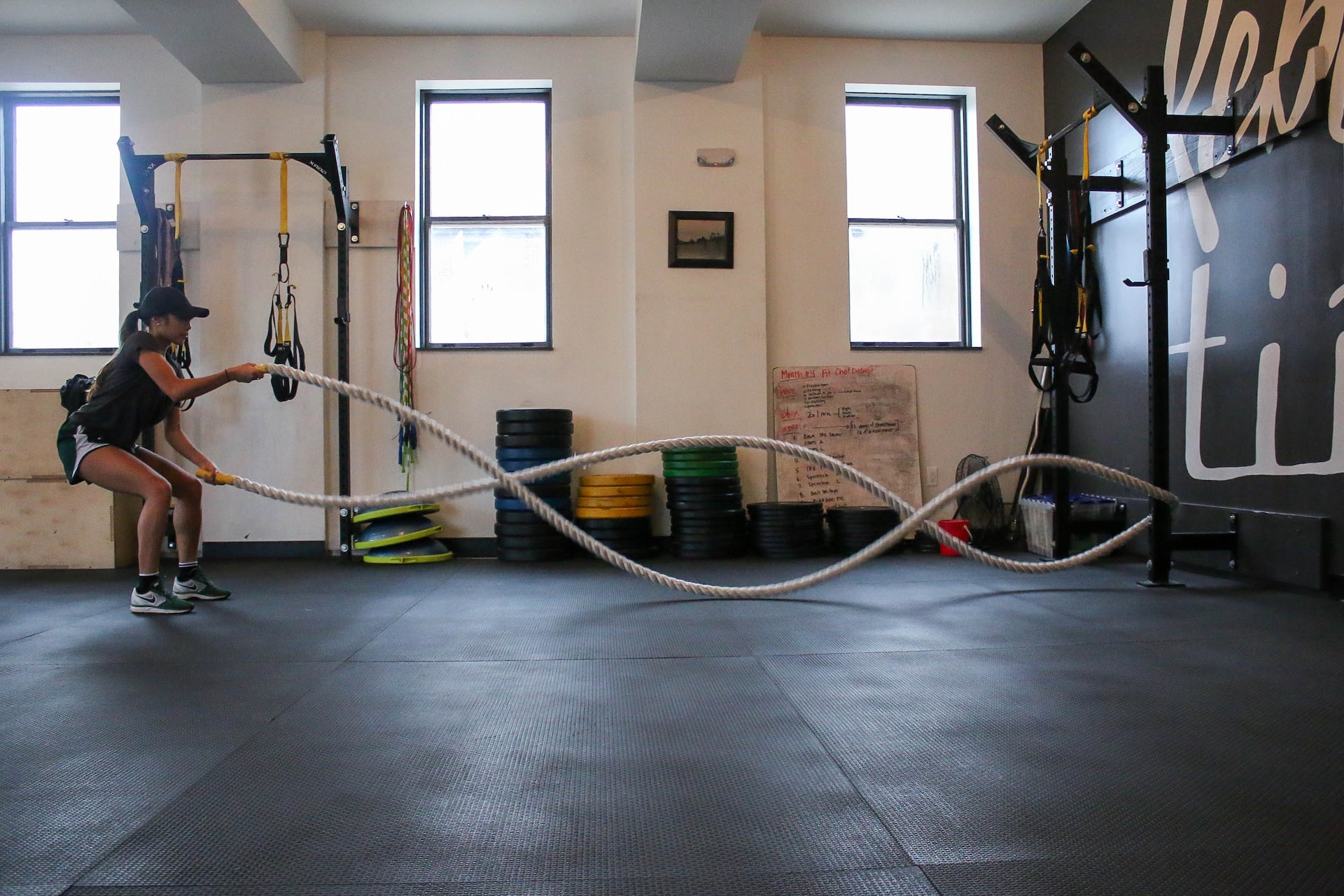It is important to keep in mind that child support and custody issues are separate and distinct when you’re faced with them during a divorce. The custodial parent cannot prevent the non-paying parent (or any other parent) from visiting the child(ren). However, the supporting parent cannot stop child support payments if the custodial parents refuse to allow visitation. The law does not permit those who hinder the rights of the children to receive support or keep them from their other parents.
Which parent pays child support
It used to be that the situation was the same in the “bad days”. The father paid child support and had custody of the children while the mother was the primary caregiver. This issue is now open to all genders. Child support is usually paid to the parent with whom the children don’t live. This is influenced by the incomes of both parents. Another factor is how often the child(ren), stays at the non-custodial parent’s home over the night? Who pays for the dental and medical insurance? What about co-payments for medical care and items not covered? The Florida statutes have specific guidelines that will determine how much child support should be paid. The amount of child support payable depends on factors such as the income of each parent and the number of children living in the household. When determining how much you should pay, consult an attorney.
What happens if I move to another state?
Child support can be affected by moving out of the state. Many states cooperate to collect child support. It is best to consult an attorney who has experience in child support if either parent is moving to Florida or intends to leave.
What happens if child maintenance payments aren’t made?
If child support payments are not being paid and it is determined that the parent is not willing to make payments, the parent could face a variety of sanctions including wage garnishment, bank account seize, suspension of driver’s license or car registrations as well as fines, confiscation of income tax refunds, and even jail time.
When does it end?
It can be difficult to know when child support stops. Child support ceases when your child(ren), turns 18, for the most part. Support will cease if you have more children than one. This general rule does not apply to all cases.
1. If your child turns 18 but has not yet graduated high school, support will continue until they do.
2. Your child will lose support if they do not graduate by age 19. This loophole can sometimes ensure that children graduate earlier than expected.
3. Child support in Florida is available for children with special needs who will not be able to provide their food. You will need professional assistance. Some estate planning strategies may help in this situation.

Some Other Circumstances
You may be exempted from child support obligations in certain other circumstances. Your payments will stop if your child is in the military. Your payments will cease if your child marries (with your permission, of course). You are not required to pay child support anymore if your child marries (with your consent of course! The obligation to pay child support ends if they are granted emancipation by a court petition. These circumstances can trigger an end to child support.
To Sum Up…
As with most legal questions, the answer is “it depends.” There can be many criteria to determine when child support stops. You will need professional legal advice to evaluate your situation. To end your child support obligation, you may need an order from the court. Or it might have been included in your final decree. If the time comes, a skilled family law south surrey attorney will be able to help you.









